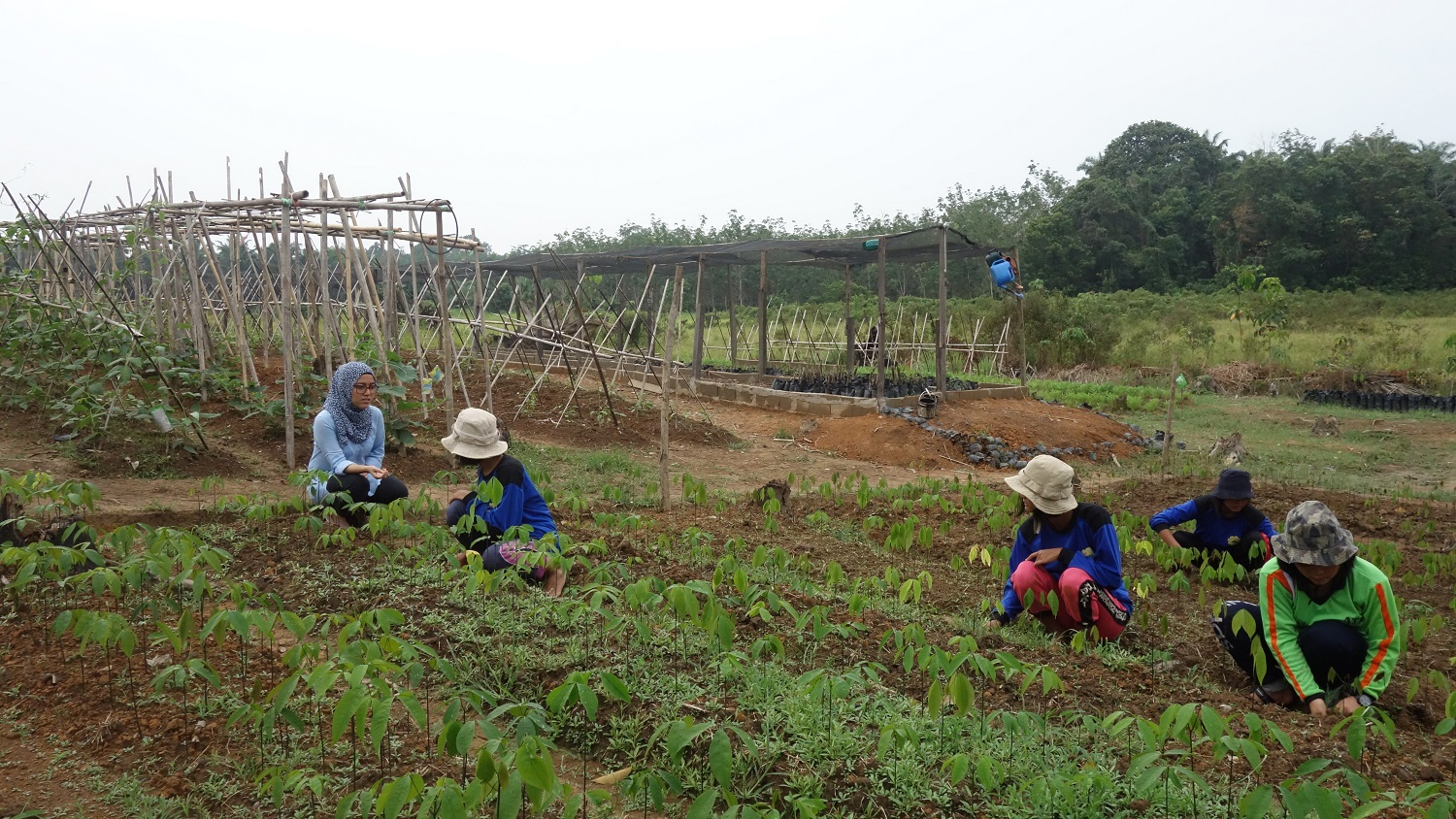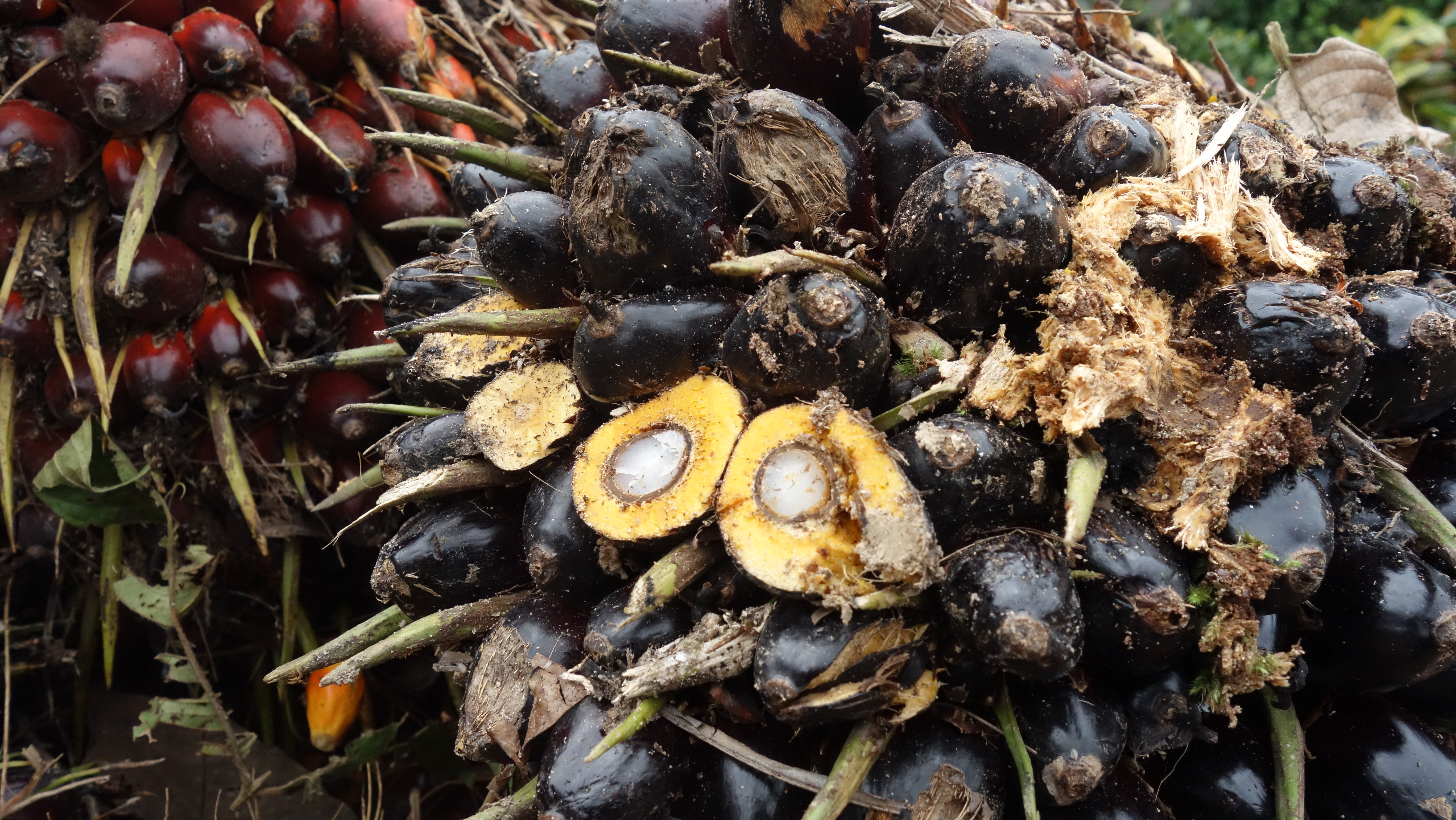
Smallholder farmers play an important part in the agricultural value chain. They make up more than half of the total farmer households in Indonesia, where agriculture contributes around 14% to its $932 billion economy (Indonesia Agriculture Census, 2013; World Bank, 2016)
Yet, despite their crucial role in providing food to the wider population, smallholder farmers receive the short end of the stick. They often face inadequate production capacity and facilities, earn modest incomes, partly due to a lack of access to the high-value market (Weatherspoon and Reardon, 2002) and minimum access to information on current market demands (Weinberger and Lumpkin, 2007).
There is a compelling need for more focused research exploring the constraints faced by farmers in the agricultural value chain. A better understanding will position us to provide solutions that work in improving agricultural productivity, which in turn will improve farmers’ income and standard of living.
In Kopernik’s Unmet Needs Indonesia report released in 2016, we sought to identify challenges faced by smallholder farmers across Sumatra, Java, Sulawesi, and Nusa Tenggara, focusing on drying techniques in the post-harvest stage. Now, with the support of the David and Lucile Packard Foundation under its Agriculture, Livelihood, and Conservation (ALC) initiative, we will be expanding our research to the challenges faced by Indonesia’s smallholder farmers to three new provinces: West Kalimantan, Papua, and West Papua.
The Unmet Needs Papua & Kalimantan (2018) project will focus on a selection of commodities common within the three provinces, such as oil palm. (Photo credit: Nanda Riska /Kopernik)
Agriculture is the dominant employment sector in these three provinces, absorbing more than 50% of the total labor force (Kalimantan Barat Dalam Angka, 2017; Papua Dalam Angka, 2017; Papua Barat Dalam Angka, 2017). At the same time, most of the smallholder farmers still make a modest living from farming activities, which on average only generate Rp. 1,030,000 (US$ 75) in monthly income (Badan Pusat Statistik, 2014).
The Unmet Needs Papua & Kalimantan project seeks to identify challenges that occur in the pre-harvest, harvest and post-harvest stages in the three provinces. The research will focus on a selection of common commodities based on yield, numbers of smallholder farmers and environmental impact derived through our in-depth desk research. These commodities include palm, rubber, rice, coconut, cacao, sago, and sweet potato. The research team will adopt a comprehensive, holistic perspective to study the social, economic and environmental dimensions of smallholder farmers.
Working together with local partners in each province, our team traveled to Papua, West Papua and West Kalimantan at the end of February to gain firsthand insights and meet with various stakeholders in the agriculture value chain, from farmers and middlemen to commodity traders and community organizations.
Through the findings from the Unmet Needs Papua & Kalimantan project, we will explore ways to increase the competitiveness of smallholder farmers in the value chain, offering policymakers, academics and the development sector with a clearer view of current needs of farmers and exciting opportunities to improve farmers’ competitiveness in the value chain. Stay tuned for updates on what can be done to address the unmet needs of Indonesia’s smallholder farmers!
Kopernik's Unmet Needs Report 2018 is published! For more insights on the unmet needs of smallholders farmers in Papua, West Papua, and West Kalimantan, read the full report here.
Kopernik is proud to partner with the David and Lucile Packard Foundation and the Ford Foundation, which are members of the Climate and Land Use Alliance (CLUA). CLUA is a collaborative initiative aiming to realize the potential of forested and agricultural landscapes to mitigate climate change, benefit people, and protect the environment.



